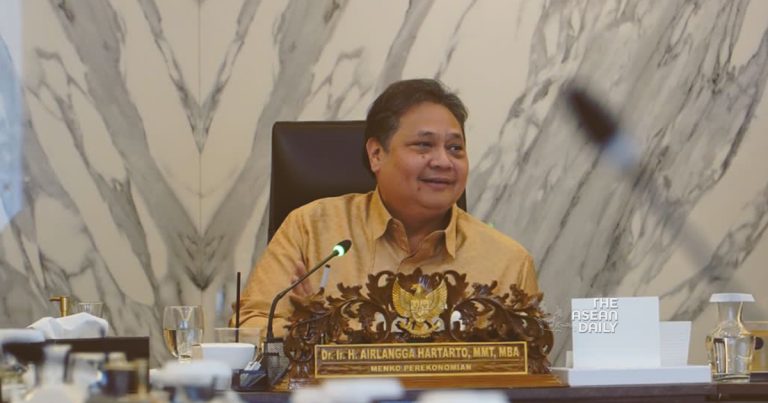3-8-2023 (JAKARTA) The Organisation for Economic Co-operation and Development (OECD) has given a positive response to Indonesia’s request for membership, according to Coordinating Minister for Economic Affairs Airlangga Hartarto. The move comes as Indonesia focuses on harnessing its demographic advantage to achieve its vision of becoming a high-income developed country.
In a statement received on Wednesday, Minister Hartarto highlighted the constructive relationship between the Indonesian government and the OECD, as well as Indonesia’s leadership role in global forums and its strong economic performance. The accession process to the OECD will support Indonesia’s ongoing domestic structural reforms, which aim to enhance efficiency and policy harmonization, ultimately creating a level playing field for businesses.
Joining the OECD will provide Indonesia with the opportunity to actively engage in global discussions and participate in setting global standards followed by OECD member countries. Minister Hartarto emphasized that membership will also bring reputational advantages and increase investor confidence, as Indonesia aligns itself with advanced and trusted policy standards.
The OECD, headquartered in Paris, France, was established based on the 1960 Paris Convention. Its mission is to promote economic growth, job creation, and improved living standards among member countries through economic advancement and resource development.
Indonesia currently holds key partner status with the OECD, alongside Brazil, China, India, and South Africa. The organization currently has 38 members, with an average gross domestic product (GDP) per capita of US$43,260.7 in 2022, according to World Bank data. Among the OECD countries, Colombia (US$6,630.3 per capita) and Costa Rica (US$13,198.8 per capita) fall under the middle-high income category, while the remaining members are classified as high-income countries.
Indonesia’s income per capita reached US$4,580 in 2022, placing it in the upper middle-income country category. The collaboration between the Indonesian government and the OECD is guided by the Framework Cooperation Agreement (FCA) and the Joint Work Program (JWP). The areas of cooperation are aligned with Indonesia’s national priority agenda.
The current FCA covers the 2022–2027 period, while the JWP spans from 2022 to 2025. The JWP focuses on four pillars of cooperation: macroeconomic policy, tax compliance, and good governance; business climate and digitalization; human capital and social inclusion; and sustainable development.




